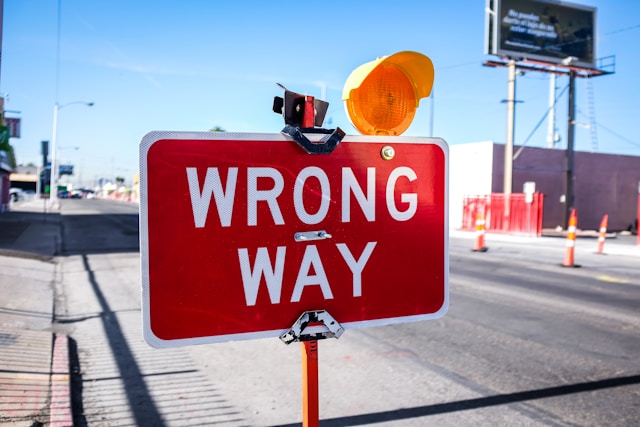A defendant’s community ties greatly affect how much they will have to pay for bail. Someone with a steady job, family and property will likely have to pay less in bail than someone without these ties. Bail is not set as punishment; it’s a way to ensure that the defendant will appear in court until their trial. Understanding the Factors that affect bail amounts will help you understand why bail is so important.
The Nature of the Crime
The nature of the crime is one of the main factors in determining the number of bail bonds Chester County, PA. A judge usually sets a higher bail amount for those charged with more serious crimes than those arrested for lesser offenses. This is because the more severe a crime is, the more likely someone will not return to court as required. Many people commit crimes for selfish reasons, such as greed, anger, jealousy, or revenge. They may also be committing crimes to gain attention or admiration from others. Some people even decide to make a career out of crime, believing it offers them greater rewards and prestige than a normal job. Criminologists are often divided on what causes people to become criminals. Some believe biological and psychological causes are responsible, while others think social factors play a larger role. Nevertheless, most researchers agree that a combination of factors is typically at play.
The Defendant’s Criminal Record
When a defendant is arrested, they immediately appear in front of a judge who decides whether to release the defendant on bail or remand them to jail. Recommendations from prosecutors guide judges and consider several factors when setting bail amounts, such as the severity of the crime, the defendant’s criminal history, and their risk of flight. In some cases, a judge may deny bail altogether. This is typically reserved for those who pose a significant threat to public safety or are suspected of committing crimes against children. Judges usually start by following standard bail schedules for specific crimes, but they can raise or lower the amount more individually, depending on the defendant’s background. For example, a person with a strong employment record and wealth will likely get a more lenient bail than someone convicted of multiple offenses in the past. Their reputation in the community can also play a role in their bail decision, as judges will think they are less likely to skip out on their court hearings.
The Defendant’s Ties to the Community
The defendant’s ability to coexist with his or her community may be a factor in the bail process. A judge may be more inclined to set a low bail amount if the defendant has strong community ties and a good reputation. The judge may also consider whether the defendant could flee the country if released on bail. The court will also consider the defendant’s ability to pay the bail amount. This is especially important if the defendant is poor and cannot afford to pay the full amount. Research shows that requiring people to pay bail before they are even charged often leads to their being detained before trial and causes them and their families great financial stress. The purpose of bail is to ensure that the accused returns to court for their practice. However, if they do not return to court, they forfeit their bail, and a warrant is issued for their arrest.
The Defendant’s Flight Risk
One of the primary concerns that judges have is whether or not a defendant is likely to skip out on their bail and fail to show up for court. Depending on the judge’s opinion of the person’s flight risk, they may set a higher amount of bail or even deny bail completely. Judges evaluate a person’s flight risk by looking at their connections to the community, including family, employment, and social groups. They also consider the length of time they have lived in a particular place, indicating that they have established long-term ties to their community and are unlikely to flee. Some people, however, are still considered flight risks despite having strong ties to the area. This is especially true if they have substantial financial resources, making it easier to flee the country or avoid arrest. However, using the terms “flight risk” and “nonappearance risk” is inconsistent, as it elides important distinctions between true flight and local absconding that can be costly to resolve.




